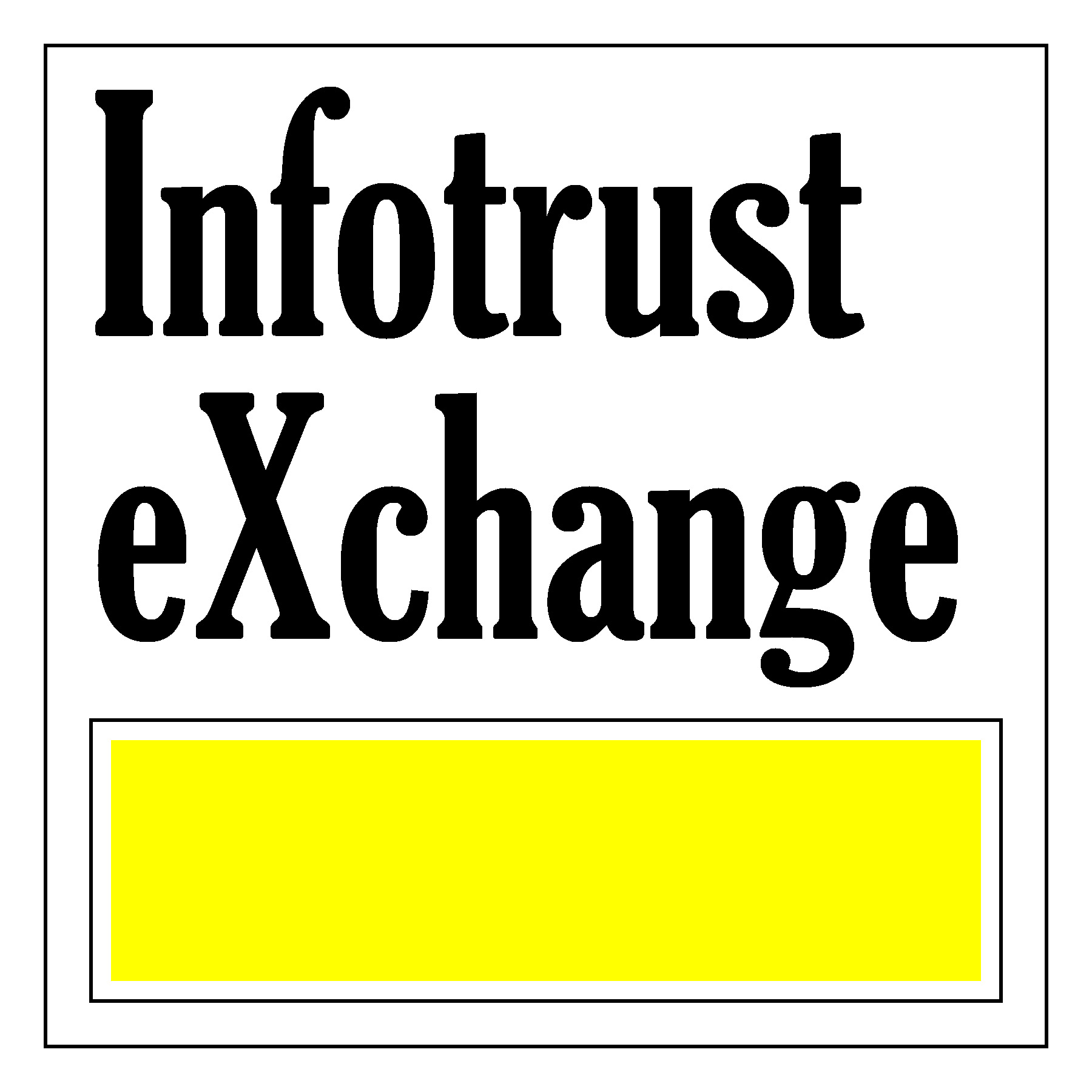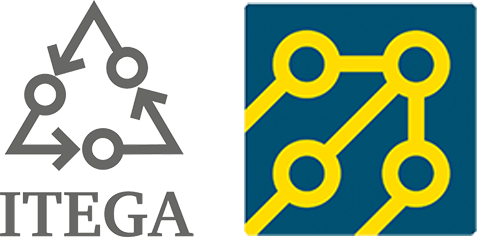- VIEW DRAFT AGENDA | GO TO GENERAL INFORMATION PAGE | | LEARN MORE ABOUT MULTISTAKEHOLDER PROCESS | WHO’S PARTICIPATING?

Local Media Consortium joins convening
of multistakeholder process to develop
consumer-centric privacy practices
The Local Media Consortium (LMC), an association of more than 80 local media companies operating more than 2,200 sites, has joined a multistakeholder process to develop a privacy-forward advertising model that will be implemented by LMC members and other publishers.
The process launched with the convening: “Trust, Advertising and Data Privacy: Seeking a New Balance” on Jan. 15-16, 2019 in Brooklyn, N.Y. in collaboration with the NYC Media Lab. It will continue through spring 2019. At the gathering, stakeholders will develop an advertising model that supports local journalism, respects consumer privacy and gives advertisers more transparency. The focus of this discussion will be on action—solving problems and implementing solutions on a consensus basis.
For advertisers, agencies, media including publishers, broadcasters, content creatives, privacy advocates and information technologists, it’s an exciting opportunity to make a concrete contribution to solving one of the most important public-policy issues in online commerce — how to manage online identity and privacy.
If you are interested in participating in this important privacy-policy process starting in January, please register your interest HERE.
For publishers, broadcasters, content creatives, privacy advocates and information technologists, it’s an exciting opportunity to make a concrete contribution to solving one of the most important public-policy issues in online commerce. Follow this link to request participation.
Participation is capped at 50 in order to facilitate a collaborative discussion atmosphere, so it is important to register your interest promptly.

NYC Media Lab at 2 Metrotech Center, Brooklyn
The broader Internet Multistakeholder Privacy Initiative is an effort to help consumers gain more control over their identity and privacy, without breaking the business and civic value of the Internet. It’s exploratory meeting was in Chicago Sept. 27-28. One goal is to unite stakeholders around a common vision for protecting consumer data that provides consumers with more control of their data and publishers with a more sustainable framework to support quality journalism
WHO IS ORGANIZING?



- The Local Media Consortium (LMC), which representing 80+ local media companies in top markets across the United States covering more than 2,200 publications, broadcasters and digital services.
- The Information Trust Exchange, a 501(c)3 nonprofit former last year with a mission to help foster rules and services for trust, privacy, indentity and information commerce on Internet.
- The Collaborative Governance Project of the Internet Society.
(c) Mozilla
- Mozilla guided a pre-convening workshop in Chicago.
 Our host, the NYC Media Lab, connects media and technology companies with the city’s universities to drive innovation, entrepreneurship and talent development. A public-private partnership launched by the NYC Economic Development Corp., NYC Media Lab funds prototype projects that foster collaoration across media disciplines.
Our host, the NYC Media Lab, connects media and technology companies with the city’s universities to drive innovation, entrepreneurship and talent development. A public-private partnership launched by the NYC Economic Development Corp., NYC Media Lab funds prototype projects that foster collaoration across media disciplines.
BACKGROUND
Protecting the online privacy of consumers online has become a business imperative. Programmatic advertising, with its wild-west approach to user data, has created an environment that violates consumers’ privacy, reduces the value of content for publishers and costs advertisers an estimated $16 billion in ad fraud annually. With the provisions of the EU’s General Data Protection Regulation coming into force in 2018, and in the shadow of the California’s forthcoming privacy law in 2020, companies across the globe are contending with a dramatically changing data environment.
The Local Media Consortium is making a bold public statement in support of consumer online privacy and transparent advertising models by convening a multistakeholder process to develop solutions that work for consumers, advertisers and publishers. The LMC expects the development and adoption of these solutions to create a more trusted and credible online environment for all stakeholders.
With the facilitation and support of the Information Trust Exchange Governing Association and the Internet Society’s Collaborative Governance Project, LMC will:
- Develop policies and practices that give consumers control over their personal information and provide advertisers with more transparency.
- Determine the rules of the road for advertisers and publishers sharing consumer data in a privacy-protective environment.
This project is an important first step in the larger vision of the Information Trust Exchange Governing Association to create a collaborative governance structure for Internet trust, identity, privacy and information commerce.
WHAT’S HAPPENED SO FAR?
A diverse group of 25 people gathered Sept. 27-28 in Chicago with the goal of defining the challenge of governing privacy and identity on the web, and seeking consensus on a process for doing so. One outcome sought — a model data-use privacy policy that fulfills public privacy expectations and can be adopted and championed by publishers — without government regulation or tech-platform control. Lead facilitor in Chicago and Brooklyn is Lawrence Strickling, a lawyer and former U.S. Commerce Department administrator who heads the Internet Society’s Collaborative Governance Project.
INTENDED PROCESS
The LMC , working with ITEGA and ISOC, is now convening a multistakeholder process to develop model privacy and advertising practices. A multistakeholder process brings together stakeholders representing key interests on an issue or problem. These stakeholders can come from business, academia, the technical community, civil society and government. This outcomes- and action-focused process will have the following attributes:
- Stakeholder-driven: Stakeholders will determine the process and decisions, from agenda setting to workflow, rather than simply fulfilling an advisory role;
- Open: The LMCis committed to integrating the viewpoints of a diverse range of stakeholders;
- Transparent: The LMC will endeavor to keep stakeholders and the public informed of the progress of the deliberations, creating an environment of trust, legitimacy, and accountability; and
- Consensus-based: Outcomes will be consensus-based and arrived at by compromise.
The LMC believes the best approach for developing practices to protect consumers and advertisers is to include them in the design process. As a result, agreed-upon practices will meet public user and advertiser needs. They will demonstrate that LMC members are committed to credible and effective online practices.
A multistakeholder process brings together the stakeholders representing the key interests on an issue or problem. These stakeholders can come from business, academia, the technical community, civil society, government — and the general public. For the LMC-ISOC-ITEGA effort, the focus is on defining and executing action—solving problems and implementing solutions on a consensus basis.
POSSIBLE DISCUSSION TOPICS
Local media companies need to build and/or strengthen trust between publishers, consumers and advertisers. One way to build that trust is to offer enhanced, consumer-friendly privacy practices and a more transparent advertising environment. Participants will explore the following questions::
- What consumer privacy and advertising practices currently used today by local media online products are creating a barrier to trust and should be eliminated or modified?
- What practices not in general use today could be adopted to build trust?
- How will the current regulatory environment impact publishers and advertisers? What elements of regulation should be included in a privacy-forward advertising model?
During a preliminary Chicago meeting in September, participants proposed examining for elimination or modification such practices as third-party data collection and display-advertising practices which degrade the user experience. These and other topics might be among starting points for the January process — but participants will have the freedom to propose and consider whatever recommendations they wish in the 2019 meetings.
If you are interested in participating in this important, multi-meeting privacy process starting in January, please use the link below or contact any of the undersigned.
For THE Local Media Consortium:
Chris Hendricks, President
chris@localmediaconsortium.com
For ISOC’s Collaborative Governance Project:
Lawrence Strickling, Project Director
strickling@isoc.org
For ITEGA:
Bill Densmore, Executive Director
wpdensmore@itega.org
Mobile: 617-448-6600
VIEW A DRAFT AGENDA | LEARN MORE ABOUT THE MULTISTAKEHOLDER PROCESS | PRINTABLE ONE-PAGE ANNOUNCEMENT | BOOK YOUR HOTEL ROOM NOW
